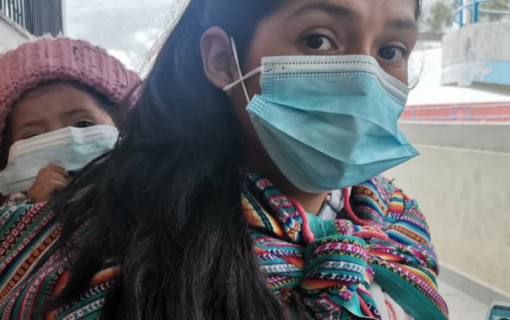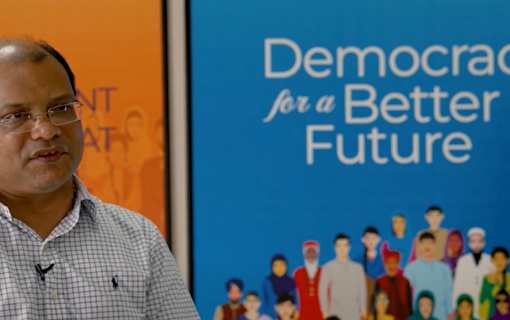A Pre-Election Assessment and Budget Analysis, July 3-10, 1992
INTRODUCTION
In response to a request initiated by the Government of Kenya to the U. S. Agency for International Development, the International Foundation for Electoral Systems (IFES) sent a team of two consultants to Kenya to conduct an independent evaluation of the government's budgetary requirements related to their transition to a multi-party electoral system. Integral to the team's completion of the assignment was the analysis of the government's proposed registration and election budgets, specifically in view of their requests made to various friendly governments and donor agencies for assistance. In addition, the team was to review the revised constitutional, statutory and regulatory requirements as well as administrative procedures to determine their impact on the overall budget proposal. Finally, the team was to report its findings as to the budget's appropriateness and to make recommendations· which might aid the Kenyan government in its administrative planning. It is intended that the team's recommendations might also serve as a basis on which donor agencies may make their determinations with regard to technical and financial assistance offered in support of Kenya's transition to a multi-party system.
During the team's visit to Nairobi between July 4 and July 10, 1992, the rapidly changing status of registration and election exercises became evident. Registration of voters was already underway and a significant number of constitutional and legislative changes were pending action before parliament within the next week. In fact, the registration period was in the final days of the 10 day extension of the deadline announced by the Election Commission just two days prior to the team's departure. Secondly, a significant number of amendments to the Constitution, election law and administrative election regulations designed to accommodate the multi-party system were in the process of being drafted and revised, and were due to be heard and debated in Parliament within the next week.
During its work sessions with the Election Commission and in its meeting with the Attorney General the team was able to identify and discuss several election issues which are not currently addressed in the proposed amendments. For example, at the time of the team's departure, proposed drafts did not address issues such as access to registration and voting for students living away from their home constituencies or for diplomats and foreign office staff serving abroad. Nor did any of the proposed amendments allow or provide guidelines for international or domestic election observers. While the proposed laws allow for candidate's agents at polling sites and counting centers, there were no provisions being contemplated for representation of political parties on the Election Commission. In other instances, the team noted potential gaps in regulations dictating administrative procedures. For example, regulations dealing with counting procedures did not specify guidelines for a verification process. The team believes that final determinations regarding these components could have an impact on the overall budget plan. In addition, it will be important that constitutional and statutory changes provide the Election Commission with the firm legal foundation and sufficient clarification they will need to ensure that the elections run smoothly, and that they are perceived to be free and fair.
A major part of the team's effort focused on a comprehensive review of the various budgets prepared by the Election Commission. The team's review extended well beyond the budget requests submitted to donor agencies. The team also performed a extensive review of the government's total operating budget for the conduct of the elections. In its meetings with the Election Commission, the IFES team was able to work through the budget line by line. Throughout this process, line items were discussed in terms of the procedural applications and justifications for the costs identified, and recommendations were made which resulted in various modifications. The Chairman of the Commission and other commission members and administrative staff with whom the team worked appeared very interested in the technical advice and ideas the team offered for their consideration, and frequently suggested modifications of their own as they reevaluated various budget items.
While every attempt was made to be as thorough as possible in analyzing and formulating a realistic budget, it is possible that in view of the very short time available for the team's visit, certain budget considerations may have been overlooked. However, the team is confident that the projections prepared by the Electoral Commission combined with some of the modifications which came out of the work sessions will be fairly representative of actual budgetary requirements and that its recommendations regarding commodities and technical assistance will serve to enhance the new election process.









